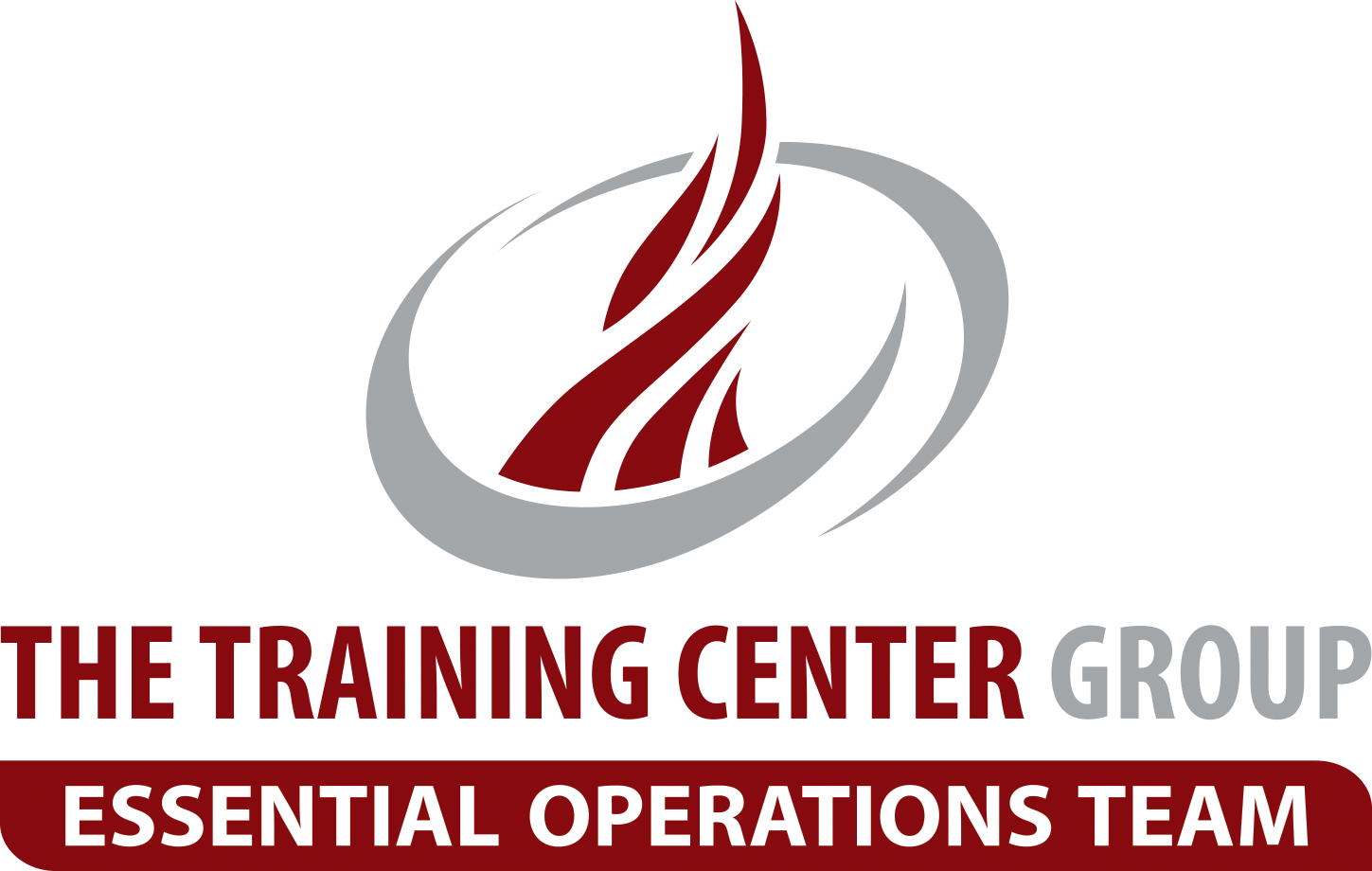
Owners Responsibilities Related to Logbooks
As an Owner, What are Your Responsibilities in Regards to Logbook Keeping?
If you are an owner or management in charge of the operational and maintenance requirements for your facility, you will want to ensure you have compliance with rules and regulations governing pressure vessel equipment. There is assurance in compliance seen in several key areas: (1) the long term reliability of the equipment you own is a byproduct of implementing customized ‘best practices’ in your operation program (2) you can benefit from reduced liability insurance costs (3) remain free of state or local penalties related to non-compliance events. One example of state fines: New Jersey can fine owners anywhere from $500 to $5,000 per day per event. Other states standards and penalties for non-compliance: Maryland, New Hampshire, Alaska.
Being an owner or manager directly responsible for facility equipment can be stressful. Especially when attempting to directly convey a clearly defined requirement that results in new or changing site policy.
Below, read what the State of NJ says about your responsibility as owners of MIBBPVC regulated equipment (copied and pasted from “Guidelines for Logbook [Rev 2]).
Need to purchase State of NJ approved Logbooks?
Responsibility of Owners
(a) The owners of equipment that requires a licensed operator shall employ and designate an attending licensed operator(s) (ALO). This designated operator shall be available at the plant location, in accordance with N.J.A.C. 12:90-3.10. The operator shall be capable of performing the duties of operations of the plant and systems in accordance with these regulations. The owner shall ensure that the operator(s) is properly and sufficiently trained in proper functioning and operation of the plant and/or system equipment they are responsible to operate, use, and maintain in accordance with the Act (N.J.A.C.) and these regulations.
(b) The owners of equipment requiring an ALO, as indicated in (a) above, shall establish operational requirements to ensure the structural and mechanical integrity of the equipment. This includes ensuring all operational and maintenance checks are being performed in the plant on all equipment and accessories that, directly or indirectly, have an impact on the operation of the boiler, pressure vessel, or refrigeration equipment. These operational maintenance checks shall only be necessary on equipment rated over 100 boiler horsepower, or 1,000 square feet of heating surface or 4,000,000 Btu/hr input or 1,000 kW regardless of the pressure or temperature conditions.
(c) The operational and maintenance checks and the frequency of these checks shall, at a minimum, be predetermined and in accordance with the specifications established by the manufacturer of the equipment and/or device, pertinent sections of ASME CSD-1, and other appropriate sections of the Codes and Standards adopted by reference.
(d) The designated operational and maintenance checks shall be as prescribed by, but not be limited to, the proof testing established by the manufacturers and any additional requirement established by ASME CSD-1 and N.J.A.C. 12:90 or as prescribed by the Examining Board.
(e) Owners of equipment must ensure that boiler equipment and its integral systems are properly maintained. The owner shall verify that the electrical components, controls and safety devices are, at a minimum, properly tested and maintained in accordance with the specifications of the original equipment manufacturer and these regulations.
(f) Owners must maintain records of equipment maintenance, repair, and service calls. This includes, but shall not be limited to, the installation, setup, testing, calibration, service, repair or replacement of the equipment or the controls and safety devices. All such records shall be made available whenever they are requested by the Examining Board or their designees. Such records shall include, but not be limited to, the following information:
Maintenance history of the equipment and devices; and
Documentation of operational checks, maintenance, repair, tests and service logs.
(g) An owner shall ensure that if the intended use of a boiler, pressure vessel, or refrigeration system/plant changes or is no longer to be used then the specific boiler, pressure vessel, and refrigeration system/plant must be removed from service by performing a minimum of the following:
Disconnecting all energy sources (fuel, electrical, air and any other potential energy source); and
Shutting off all valves and interconnected piping; and
Removal, capping, or blanking off other external connections or fittings that might be a path for other external energy sources; and
Documenting all the work performed.
(h) The owner shall not allow any type of installation, repair, alteration or upgrade of any boiler, pressure vessel, or refrigeration system/plant to be made that changes the design, without determining if such changes are allowed by these regulations, the manufacturer, the National Board Inspection Code (NBIC), or any other Code and Standard adopted by reference by the MIBPVC or as prescribed by the Examining Board.
(i) The owner shall not allow any boiler, pressure vessel or refrigeration plant/system change to be made that might directly or indirectly affect the design of the boiler, pressure vessel or refrigeration plant/system without complying with the required code as adopted by reference by the MIBPVC. The owner shall not allow any change that might compromise the mechanical integrity of the plant/system.
(j) The owner shall assure that all system modifications, alterations and/or maintenance/services performed on the equipment are documented and retained for the life of the equipment.
